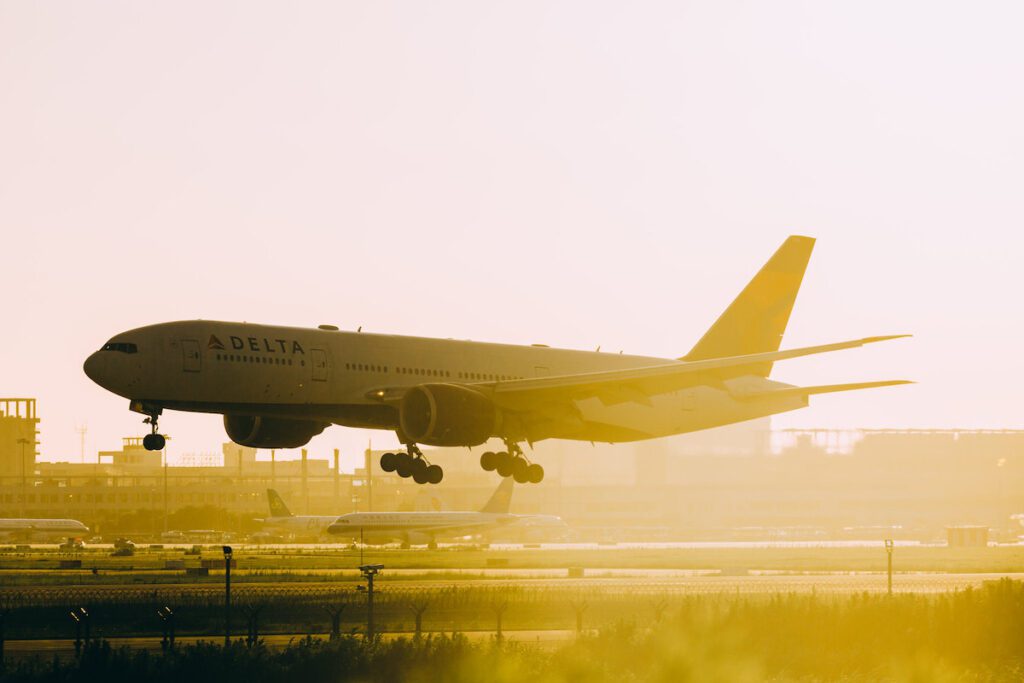In a strategic move to jumpstart its tourism sector, China has declared temporary exemption from visa requirements for citizens from France, Germany, Italy, the Netherlands, Spain and Malaysia.
Announcing this on Friday, the spokesperson of the Chinese foreign ministry, Mao Ning said the exemption period is set to last from December 1 to November 30, 2024.
Citizens from these six countries would be allowed to visit China for various purposes, including business, tourism, sightseeing, visiting relatives and friends, or transiting, for a period of up to 15 days without the need for a visa.
China’s recent initiatives to facilitate travel extend beyond this announcement. Just last week, the country broadened its visa-free transit policies to include 54 countries, with Norway as the latest addition. Foreign travelers transiting through China to visit a third country, can enjoy a six-day stay in specific Chinese cities without the hassle of obtaining a visa.
According to the National Immigration Administration, by the end of October, the number of foreigners visiting China had surged to 26.51 million.
China International Culture Association recently inked a three-year memorandum of understanding with online travel company Trip.com Group to promote inbound tourism.
Part of this collaboration involves supporting the Nihao! China campaign, an initiative launched by the China International Culture Association. The campaign aims to cultivate and promote cultural exchanges.
In a bid to enhance the overall visitor experience, Trip.com Group will also collaborate closely with Chinese cultural centers, tourism boards, and other organizations, working together to showcase the diverse and enriching tourism experiences that China has to offer. As China opens its doors, these collaborative efforts aim to position the country as a premier destination for global travelers.
Over the next three years, Trip.com Group had said it plans to invest in platform technology, marketing and promotion, and product integration to accelerate the development of inbound tourism in China.

